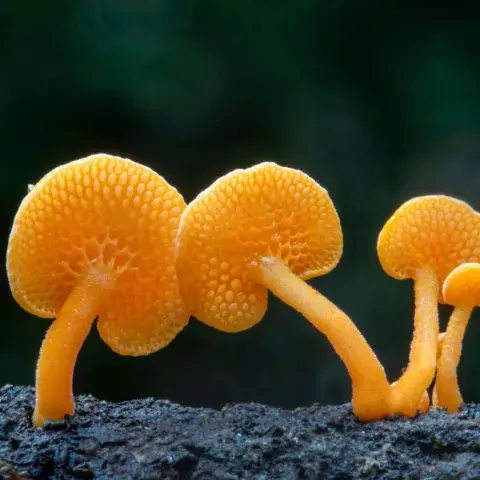
Learning by Doing
The Master of Arts in Sustainability and Transformation (MAST) at Franklin University Switzerland, launching in Fall 2026, prepares students to navigate the complexity of today’s environmental, social, and institutional challenges by giving them the fundamentals in sustainability studies and transformational skills in the first two semesters. By the third semester, they are ready to apply their knowledge in sustainability and their skills in transformational change to projects that matter. The MAST partnerships in this third semester are central to this learning arc.
Franklin is very happy to welcome its first local partners to join the third semester in the summer of 2027: Hugo Boss, EOS Social Responsibility Solutions, and the R.I.S.E. Foundation.
- Hugo Boss – A global fashion company with ambitious sustainability goals, offering exposure to corporate sustainability strategies, supply chain transformations, circular fashion, and ESG practices.
- EOS Social Responsibility Solutions – A Swiss consulting firm specializing in sustainability and ESG. It supports companies and public organizations in integrating responsible practices into their strategies, enhancing environmental and social impact while fostering innovation and long-term value creation.
- R.I.S.E. Foundation – The Foundation develops and delivers programs that integrate ESG and sustainability principles into education at every age. Its initiatives aim to embed social and environmental awareness in curricula, empowering learners and educators to cultivate a sustainable mindset from early education through higher learning.
Together, these partners span corporate, consulting, and nonprofit domains — ensuring MAST students gain diverse perspectives and real-world experience.
Starting June 1, 2027, each partner will host up to five MAST students for a five- to seven-week immersive experience within their sustainability or educational programs. Under the guidance of an institutional mentor and a Franklin professor, students will work directly with changemakers, contribute to ongoing initiatives, and produce a collaborative Master's-level thesis rooted in their fieldwork.
These partnerships strengthen Franklin’s mission to educate change-oriented leaders who combine critical thinking, interdisciplinary inquiry, and applied impact. MAST students will go beyond the classroom — engaging directly with organizations, contributing to real initiatives, and producing theses grounded in authentic sustainability work. By embedding students in real projects, Franklin ensures that MAST graduates emerge not only as analysts of sustainability but as active participants in its transformation.
What do partners add to the program?
“Our partners open their doors not just to teach, but to exchange perspectives, to give students the chance to live sustainability,” says Caroline Wiedmer, Academic Director of the MAST program. “This immersion is one of the cornerstones of Franklin’s commitment to blending academic rigor with real-world transformation.”
Imagine a MAST student group working with EOS to evaluate the social impact of new sustainability metrics, another designing a community-based educational project with R.I.S.E., and a third tracing the impact of a new fabric designed to replace nylon at Hugo Boss. Each placement becomes a personal and collaborative story of transformation — for the students and the organizations alike.
Together, these partnerships mark a milestone in Franklin’s commitment to a sustainability pedagogy that blends rigorous interdisciplinary scholarship with practice. The presentation of the MAST theses at the end of each program will be the platform where students share how these stories have all turned out.
Looking Ahead
Franklin looks forward to welcoming its first MAST cohort in Fall 2026 and will, over the coming year, continue expanding its network of partner organizations to further diversify the sectors, geographies, and sustainability challenges students will engage with during the Summer 2027 immersion. Stay tuned for updates as Franklin adds new partners and stories from the field.
Applications for the first MAST cohort meanwhile are open now, with the early decision deadline approaching on November 15, 2025.
ABOUT THE MAST PROGRAM
The Master of Arts in Sustainability and Transformation is a 45-credit (90 ECTS) full-time program, with an optional 15-credit (30 ECTS) research semester to reach 120 ECTS. Based in Lugano, with immersive retreats in Zurich and Geneva, MAST is grounded in a combination of the liberal arts, sciences, and systems thinking. The program cultivates leaders who can see connections across systems and drive meaningful transformation.
Program Structure:
- Semester 1 – Foundations of Sustainability: Environmental, economic, and social pillars; narratives, decision-making, and systems thinking.
- Semester 2 – Skills for Transformation: Strategy, communication, leadership, policy, and design; engagement with external experts.
- Semester 3 – Praxis and Collaboration: Hands-on capstone projects with partner organizations, culminating in presentations at the Franklin Sustainability Forum.
- Optional Semester 4 – Advanced Research.
For more details, visit our MAST Program page or contact the Franklin admissions team at admissions@fus.edu.

